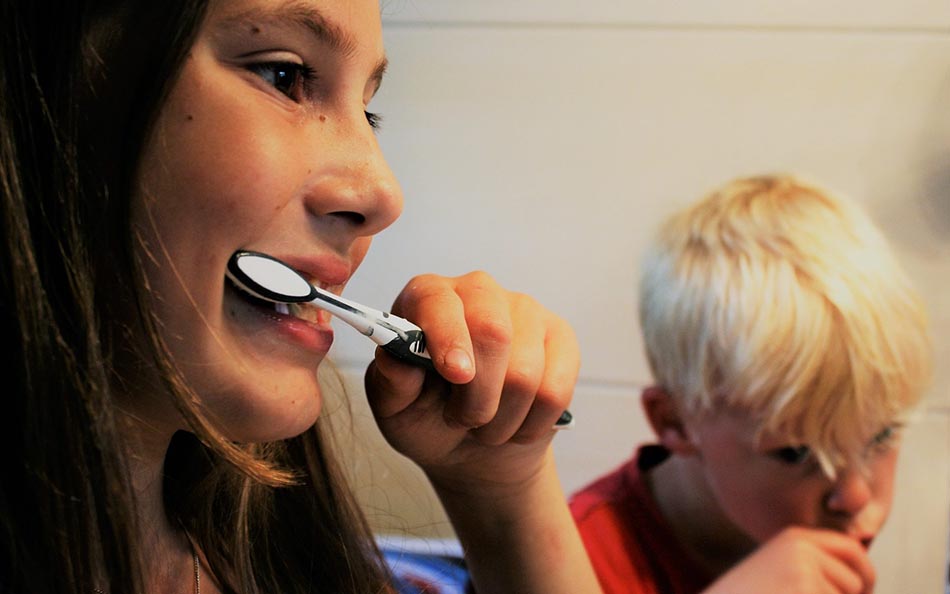Don’t Want Cavities? Know What Causes Them

Even though it can sometimes feel like cavities can’t be avoided, there are ways you can keep from having to deal with the pain and frustration it causes. Understanding what a cavity is and how it can be prevented can help you improve your dental hygiene and keep those pesky holes away. Cavity Anatomy A […]
What Dentists Can Do to Prevent Opioid Abuse

The use and abuse of opioids have risen to epic levels. In 2016, there were more deaths resulting from opioid abuse than ever before. The American Dental Association has decided to take a firm stance to stop it’s spread by making education and prevention a top priority for a field that can use pain management […]
What to do About Canker Sores

Canker sores are small-sized ulcers which can form in the mouth, or on the cheeks, lips, tongue, gums, and on the roof of your mouth. They can be caused by a number of different things, and are not contagious, but should be taken seriously if they last a particularly long time or recur frequently. Dr. […]


